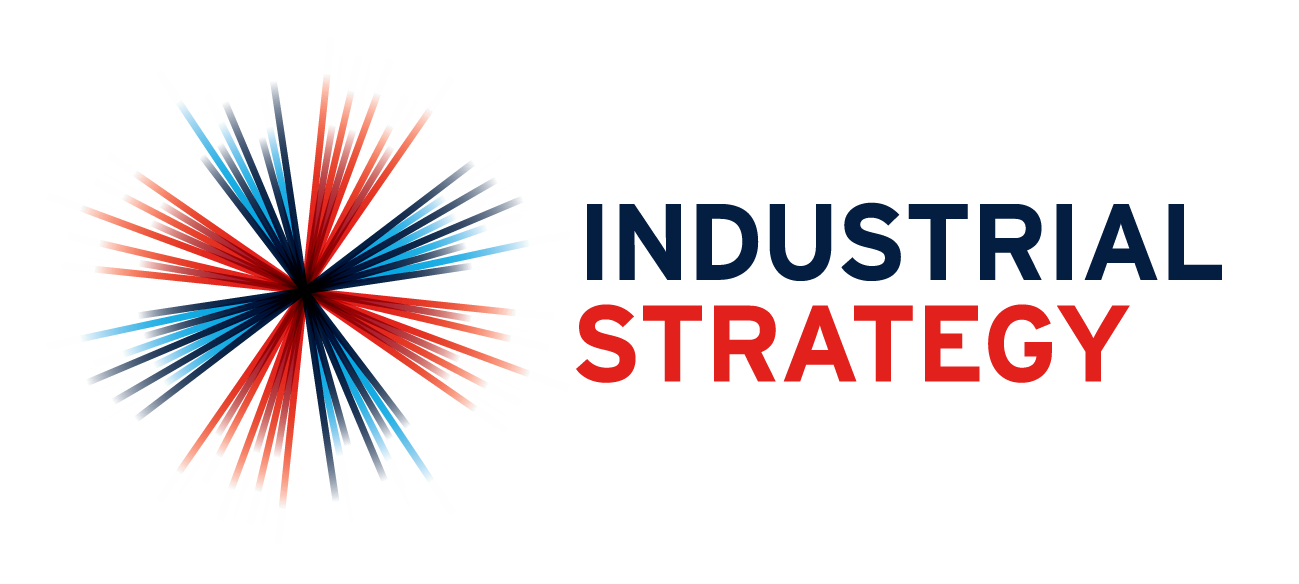Earlier this month came an important announcement for the UK aerospace industry with the launch of the new Aerospace Sector Deal.
This sector deal sets out a programme of joint government and industry investment in the innovation needed to develop the next generation of aerospace technology here in the UK, and productivity improvement initiatives that will help our companies compete internationally.
It commits up to £125 million of government investment in the Future Flight Challenge to develop new technology, including electric aircraft and urban air vehicles. This investment will be more than matched by industry.
Developing these future technologies in the UK can deliver both economic prosperity and major environmental benefits, by further reducing noise and carbon emissions associated with aviation.
Technology can provide an answer to the challenge of reducing the environmental impact of aviation, even as it continues to grow around the world.
Beyond the Future Flight Challenge, key measures include joint government and industry investments in the successful National Aerospace Technology Exploitation Programme (NATEP), which helps small and medium sized companies enhance their capabilities, and in a new supply chain productivity programme, SC21 Competitiveness and Growth.
In addition, a UK Aerospace Research Consortium will bring together universities and research institutes to better co-ordinate and collaborate on technology and capability challenges.
The contribution of academic and research communities will be vital to maximising the possibilities of the next generation of aerospace technology.
Aerospace is an established trailblazer for the Industrial Strategy in the UK. Since the first industrial strategy for aerospace was published in 2013, we have seen the sector achieve strong growth in its value to the UK – which has now reached £35 billion – and in continually improving productivity.
Aerospace is a sector where there is intense international competition, and where we must be agile, efficient and innovative to make sure we continue to succeed in global markets.
Our strong long-term partnership between government and industry through industrial strategy is a vital component in making this a reality.
As this industry and others face the uncertainties and challenges of Brexit, the new Aerospace Sector Deal demonstrates the UK’s commitment to continue as one of the most attractive locations for the global aerospace and aviation industries.
We must now fast-track the electrification of flight, exploit the global potential of new urban mobility solutions and pioneer autonomous aviation, and I welcome the sector deal as another step towards this goal.
Case study: Digital Aviation Research and Technology Centre
The Digital Aviation Research and Technology Centre (DARTeC), scheduled for opening in 2020, is being built at Cranfield University and will spearhead the UK’s research into digital aviation technology.
DARTeC is an exciting opportunity to bring together sector leads from across the aviation industry (airspace management, airport, airline and aircraft) in a collaborative research environment to create, experiment and challenge the digital status quo through accelerating digital systems integration.
DARTeC, co-funded by Research England, an industry consortium of leading aviation organisations (including Thales, Raytheon and SAAB) and Cranfield University, is a £67 million investment in state-of-the-art facilities that will leverage both the University’s airport and its newly opened autonomous vehicle research facility.
DARTeC will initially focus on 5 primary research challenges:
- Connected systems (air-to-air/air-to-ground operations)
- Unmanned traffic management
- Seamless passenger experience (city integration, flow optimisation)
- Distributed airport and airspace management
- Conscious aircraft (self-monitoring, self-learning)
DARTeC will provide a fantastic environment to accelerate the delivery of the ambition laid out in the Future Flight Challenge.
